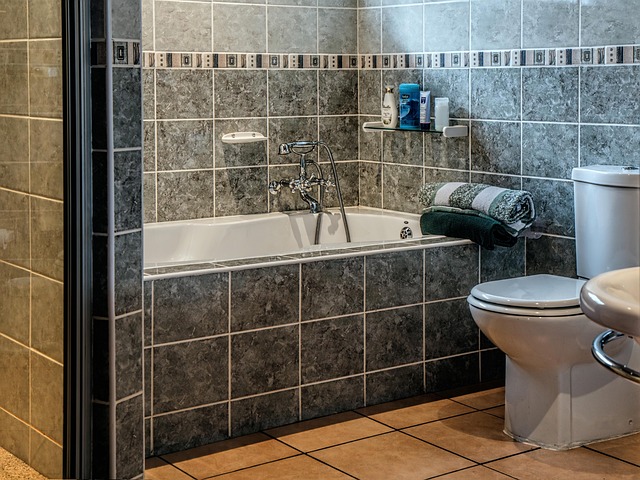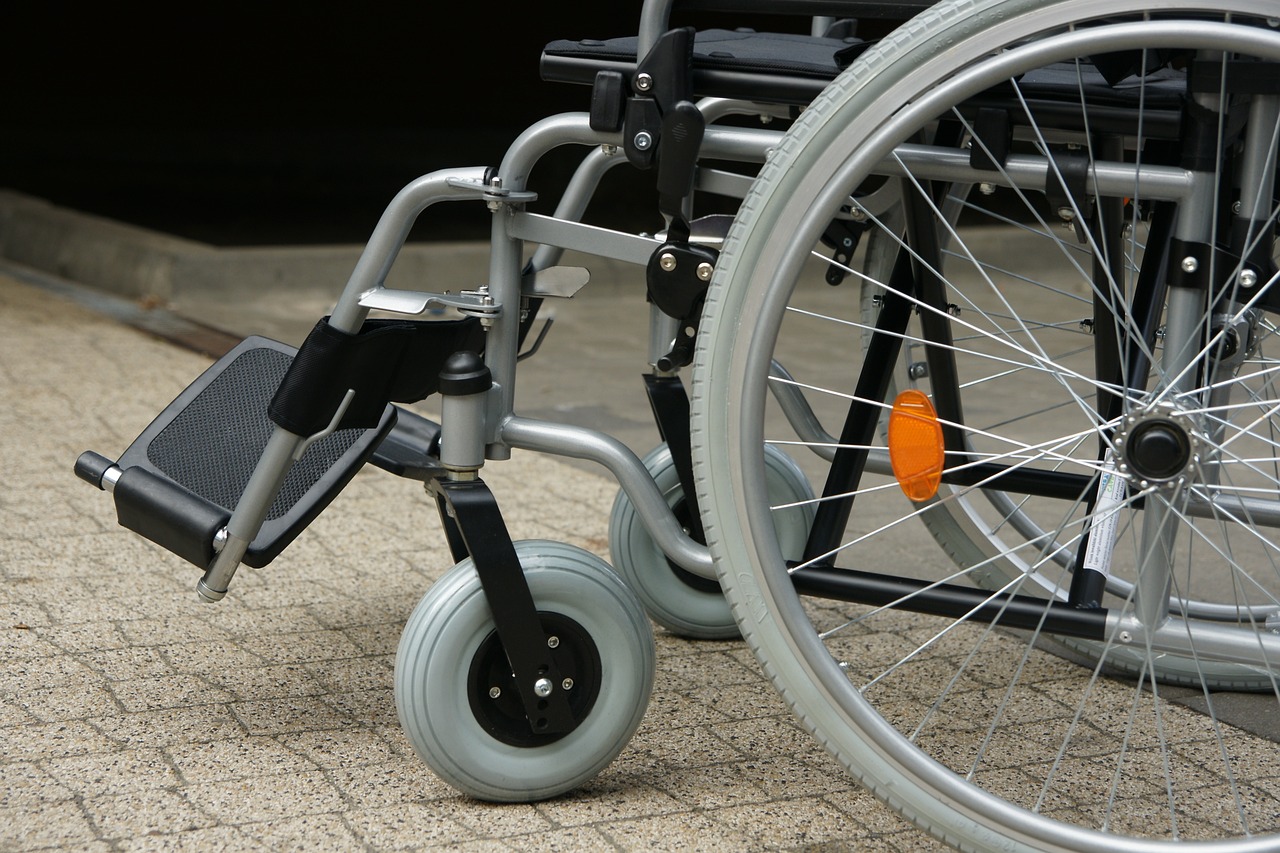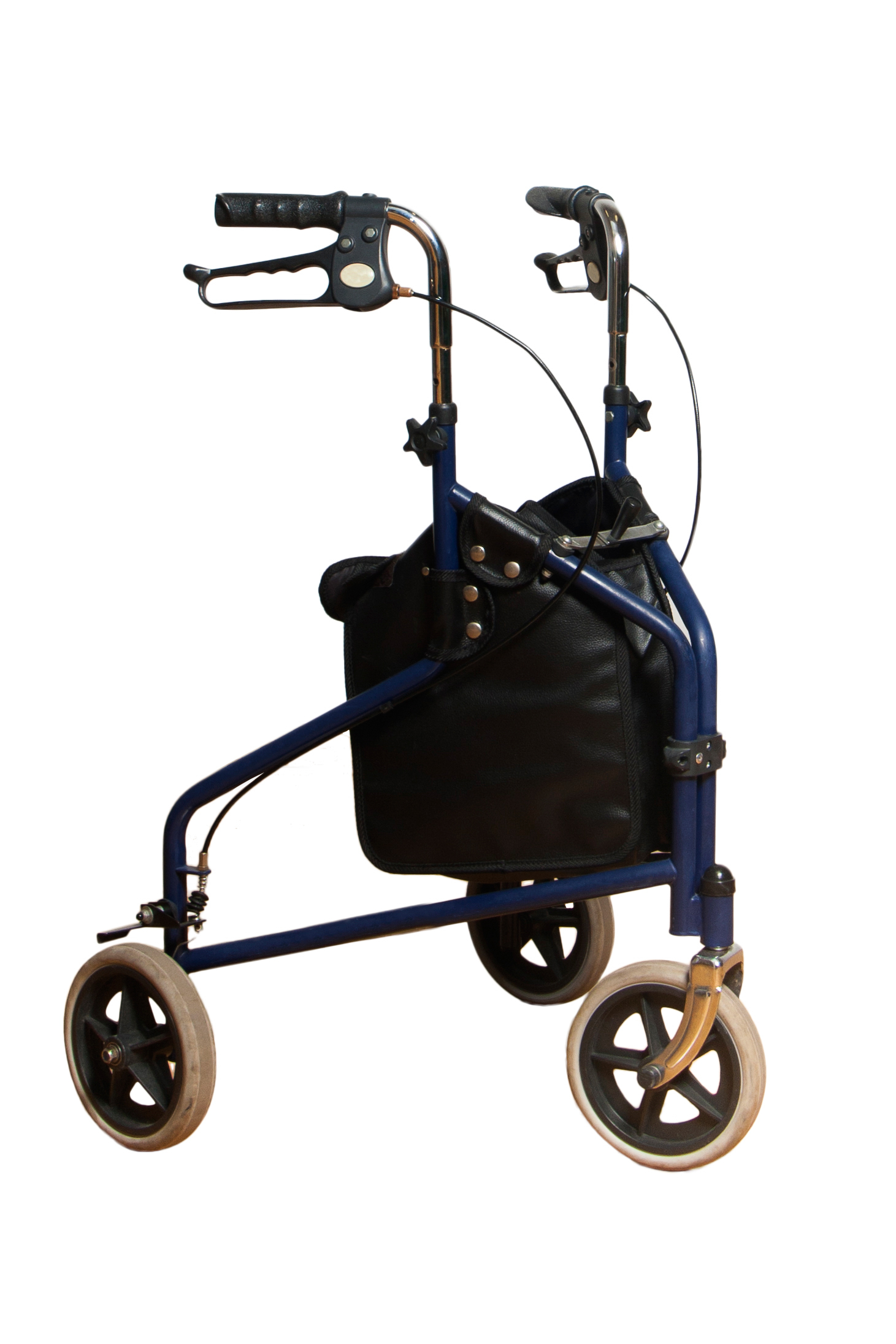As we age or face chronic health issues, many of us may require help with daily activities such as bathing, dressing, meal preparation, or medication management.
In-home caregivers can provide essential support, allowing seniors to maintain independence and stay in their homes.
However, figuring out how to cover the cost of these services can be challenging.
A common question many seniors and their families ask is whether Medicare pays for these in-home caregivers.
Well, while Medicare covers some forms of home health care, unfortunately, it usually doesn’t cover non-medical caregiving services.
I know, this is disappointing, but you may still have some options.
In this article, we’ll explore the different types of in-home care, what Medicare does and does not cover, as well as some alternatives for covering costs.
After reading, you’ll know everything you need to.
Does Original Medicare Cover In-Home Caregivers?
Original Medicare (Part A and Part B) covers some forms of in-home care, but it’s primarily focused on medically necessary care.
This means that Medicare will only cover in-home care that involves skilled medical services provided by healthcare professionals, such as nurses or physical therapists.
Unfortunately, non-medical in-home care, such as help with activities of daily living (ADLs) like bathing, dressing, or meal preparation, is generally not covered by Original Medicare.
Medicare-Covered Home Health Care Services
For seniors who need medical care at home, Medicare Part A and/or Part B may cover the following services:
- Skilled Nursing Care: If a physician certifies that you require skilled nursing care at home, Medicare will cover part-time or intermittent care by a registered nurse or licensed practical nurse.
- Physical, Occupational, or Speech Therapy: Medicare will cover in-home therapy services if prescribed by a doctor to improve your mobility or speech after surgery or injury.
- Medical Social Services: Medicare may cover social work services to help you cope with your medical condition and coordinate your care.
- Home Health Aide (Limited): Medicare will cover part-time or intermittent help from a home health aide, but only if you are also receiving skilled nursing care or therapy (I’m pretty sure you have to be working with an occupational therapist to qualify for a home health aide). This assistance can include help with bathing, dressing, and other personal care, but the aide cannot provide full-time, non-medical support.
To qualify for Medicare-covered home health services, you must meet the following requirements:
- Doctor’s Certification: A physician must certify that you are homebound and require skilled nursing or therapy services.
- Home Health Agency: The services must be provided by a Medicare-approved home health agency.
- Part-Time or Intermittent Care: Medicare does not cover 24-hour care, only part-time or intermittent services.
The ‘homebound’ stipulation is a big part of this requirement because you have to be considered homebound to qualify for home health services in the first place.
I linked to Medicare’s definition above, but it basically means it’s challenging for you to leave the home on a regular basis (require an assistive device, become short of breath, high fall risk, etc.)
Being homebound doesn’t mean you can’t leave the home at all.
It’s also worth knowing that not all home health care centers offer personal care aides, so you may want to contact whatever office your doctor is referring you to and make sure they offer this.
And again, you usually have to be receiving therapy services in order to qualify for a home health aide through a home health care office.

Does Medicare Advantage (Part C) Cover In-Home Caregivers?
Medicare Advantage (Part C) plans, which are offered by private insurers, are required to cover everything that Original Medicare covers, but they often include additional benefits.
In recent years, Medicare Advantage plans have been given more flexibility to cover non-medical in-home care as part of their supplemental benefits.
This could include help with daily activities like:
- Bathing and grooming
- Dressing
- Housekeeping and meal preparation
- Medication reminders
However, coverage for non-medical in-home caregivers varies significantly depending on the specific Medicare Advantage plan you choose.
It’s essential to review your plan’s details or speak with a representative to determine what types of in-home care are covered.
Other Options for Paying for In-Home Caregivers
If Medicare does not cover the type of in-home care you need, there are other options available for paying for caregivers.
These include:
1. Medicaid
Medicaid, a joint federal and state program, may provide more comprehensive coverage for in-home caregivers than Medicare, especially for those who qualify for long-term care assistance.
Eligibility requirements and services covered vary by state, so it’s essential to check your state’s Medicaid program to see if you qualify for in-home caregiver support.
2. Long-Term Care Insurance
If you have long-term care insurance, it should cover the cost of non-medical in-home care.
These policies often cover assistance with activities of daily living, such as dressing, bathing, and meal preparation, in addition to home healthcare services.
Most plans have a daily or monthly limit for services, so it’s a good idea to check with your specific plan to see exactly what’s covered.
3. Veterans Benefits
If you’re a veteran or the spouse of a veteran, you may be eligible for Veterans Affairs (VA) benefits.
Programs such as the Veteran-Directed Care program or Aid and Attendance may provide financial assistance for in-home caregivers.
4. Out-of-Pocket Payment
For seniors who do not qualify for other programs, out-of-pocket payment is always an option.
You may choose to hire a caregiver privately or work with a home care agency.
The cost of in-home care varies depending on your location, the level of care needed, and whether you hire through an agency or privately.
FYI, many agencies have a daily minimum for hours of work, meaning you’ll have to pay a caregiver for at least this many hours every time they come out (often set at 4 hours).
5. Non-Profit Assistance
Some non-profit organizations offer free or discounted in-home care services for seniors.
Local organizations, churches, or volunteer programs may be able to provide support or connect you with affordable options.
Final Thoughts
Ok, I think that about does it – I wish I had better news.
While Medicare provides coverage for some in-home healthcare services, it does not generally cover non-medical in-home caregivers who assist with daily activities.
However, if you have a Medicare Advantage plan, long-term care insurance, or are eligible for Medicaid or VA benefits, you may be able to receive financial assistance for in-home caregivers.
It’s important to explore all available options to ensure you or your loved one gets the necessary care while managing costs.
Always review your specific Medicare plan’s details and consider other financial resources for in-home caregiver support when possible.
As always, I hope you found this guide helpful and if you have any questions or would like to share your experience of offer tips, please leave ’em below.



